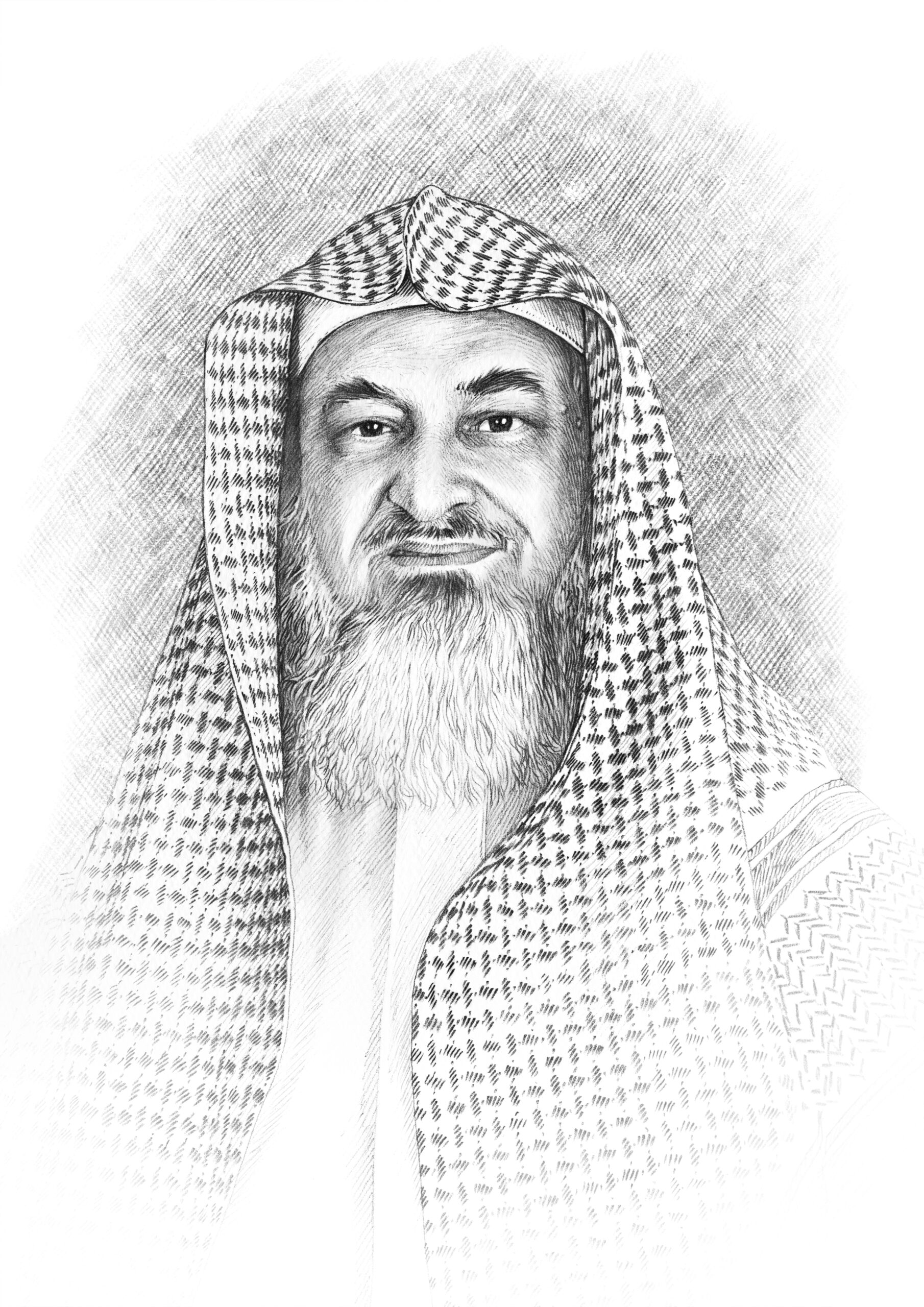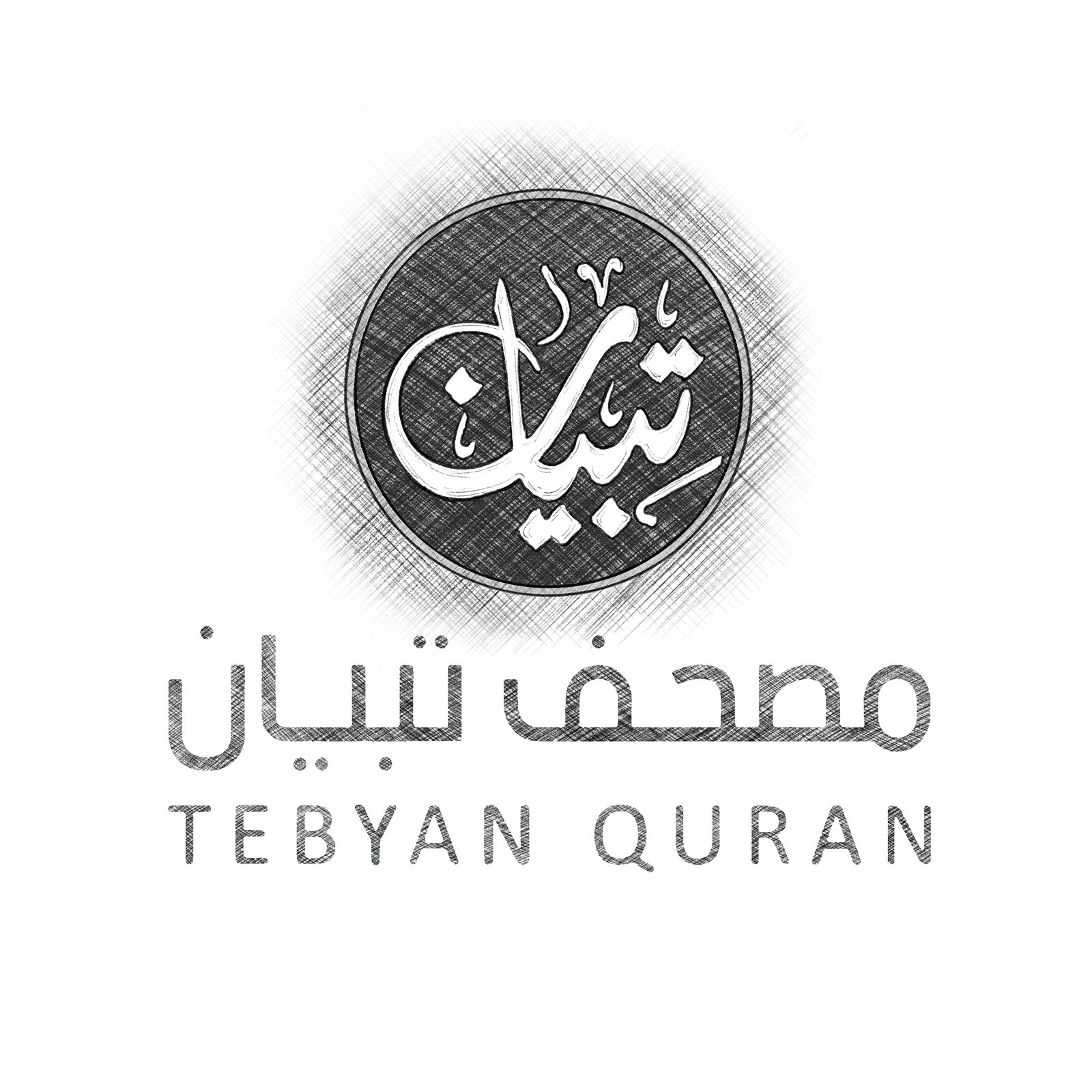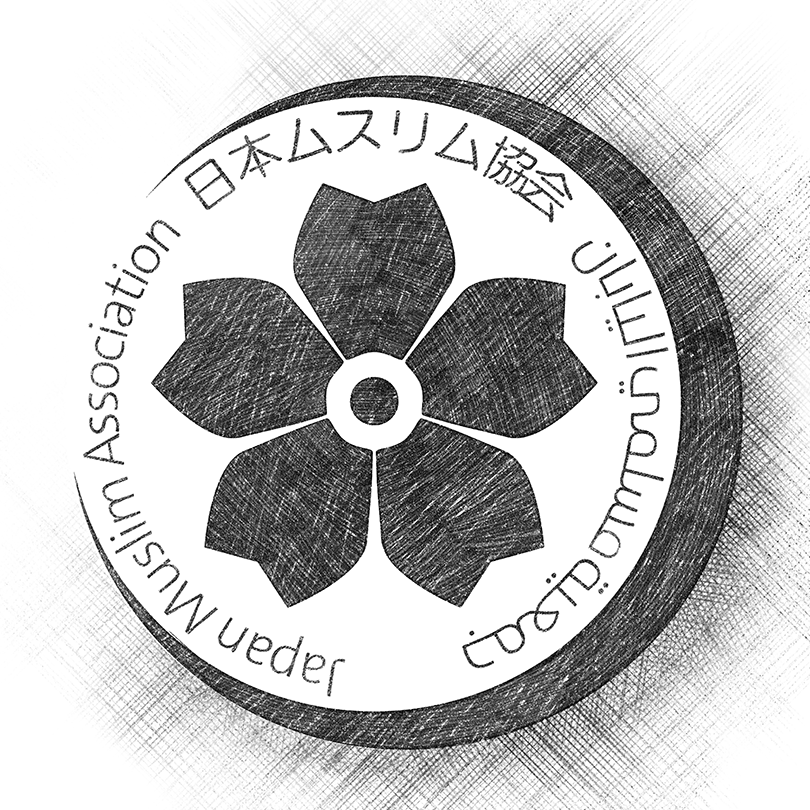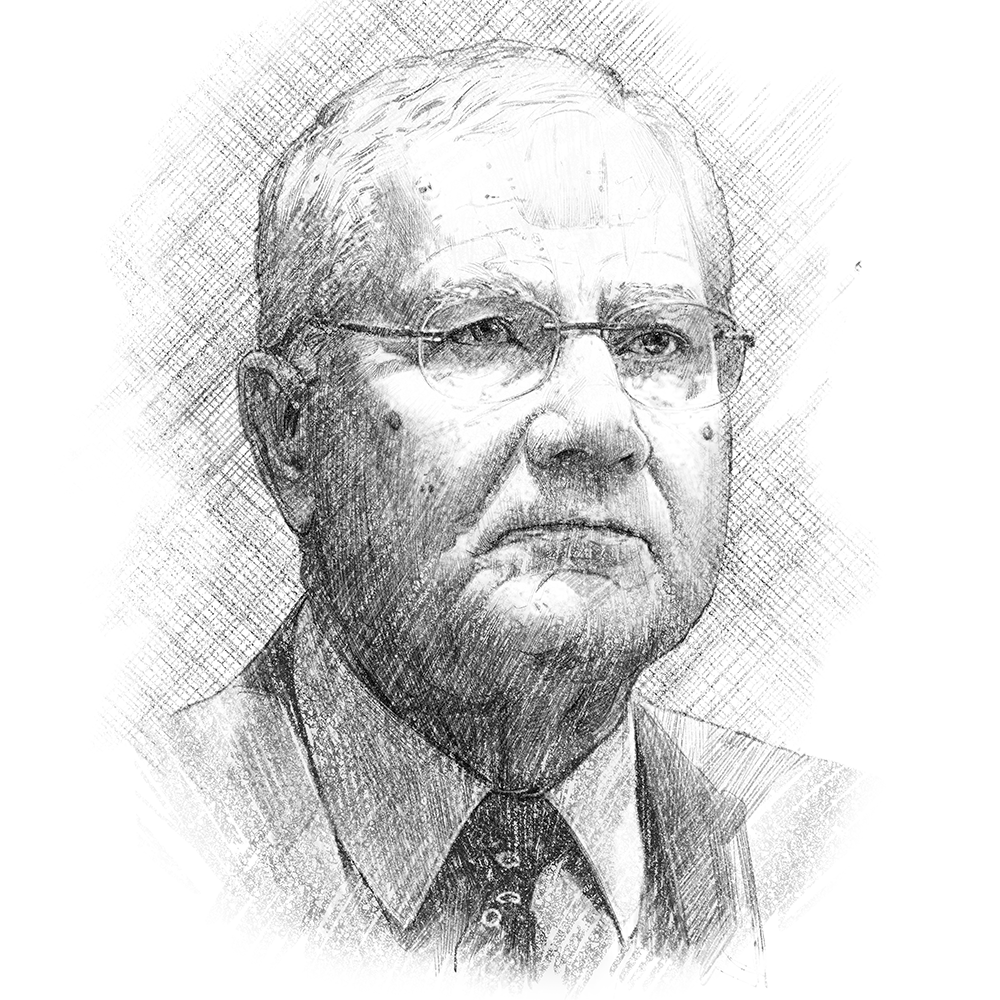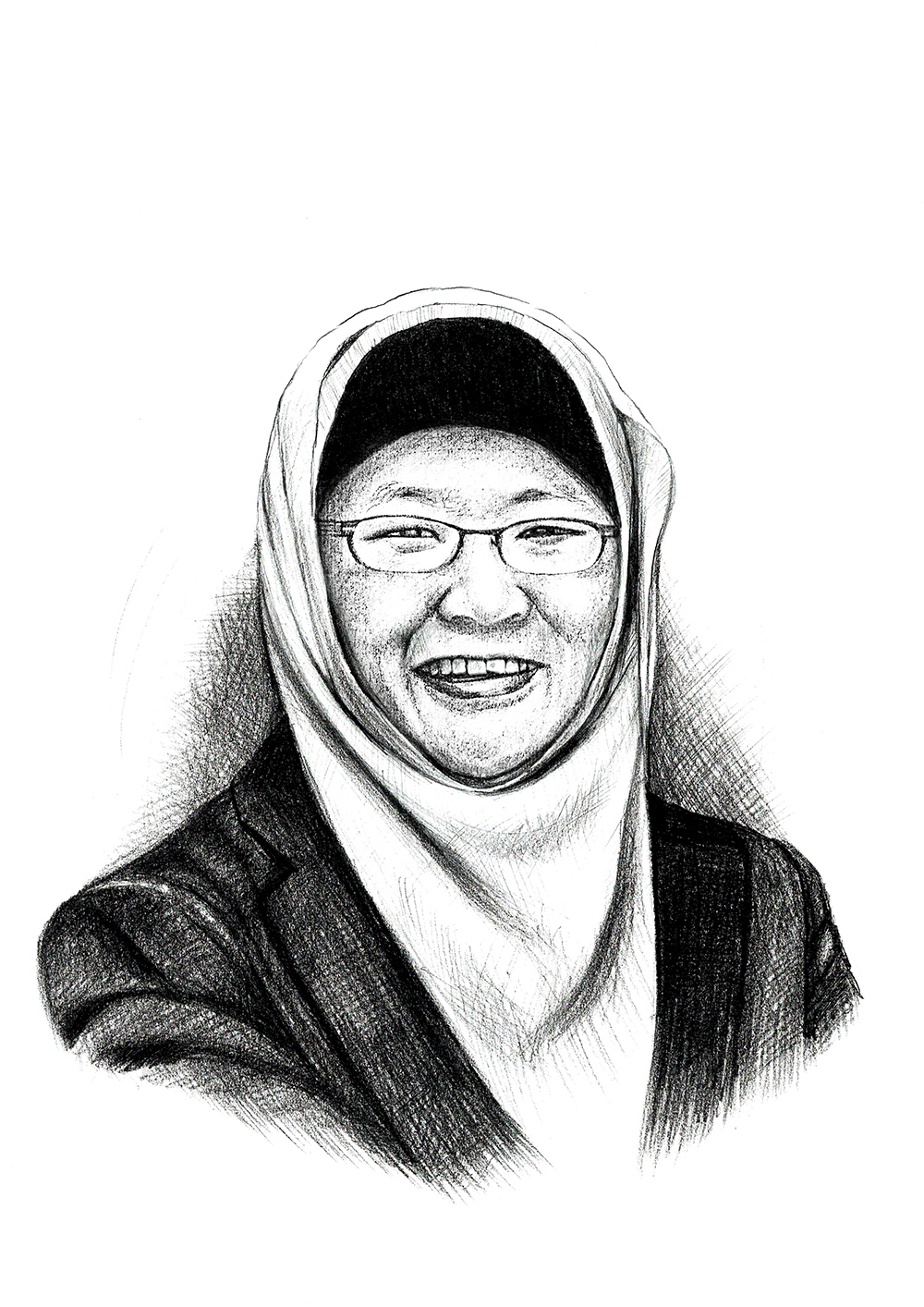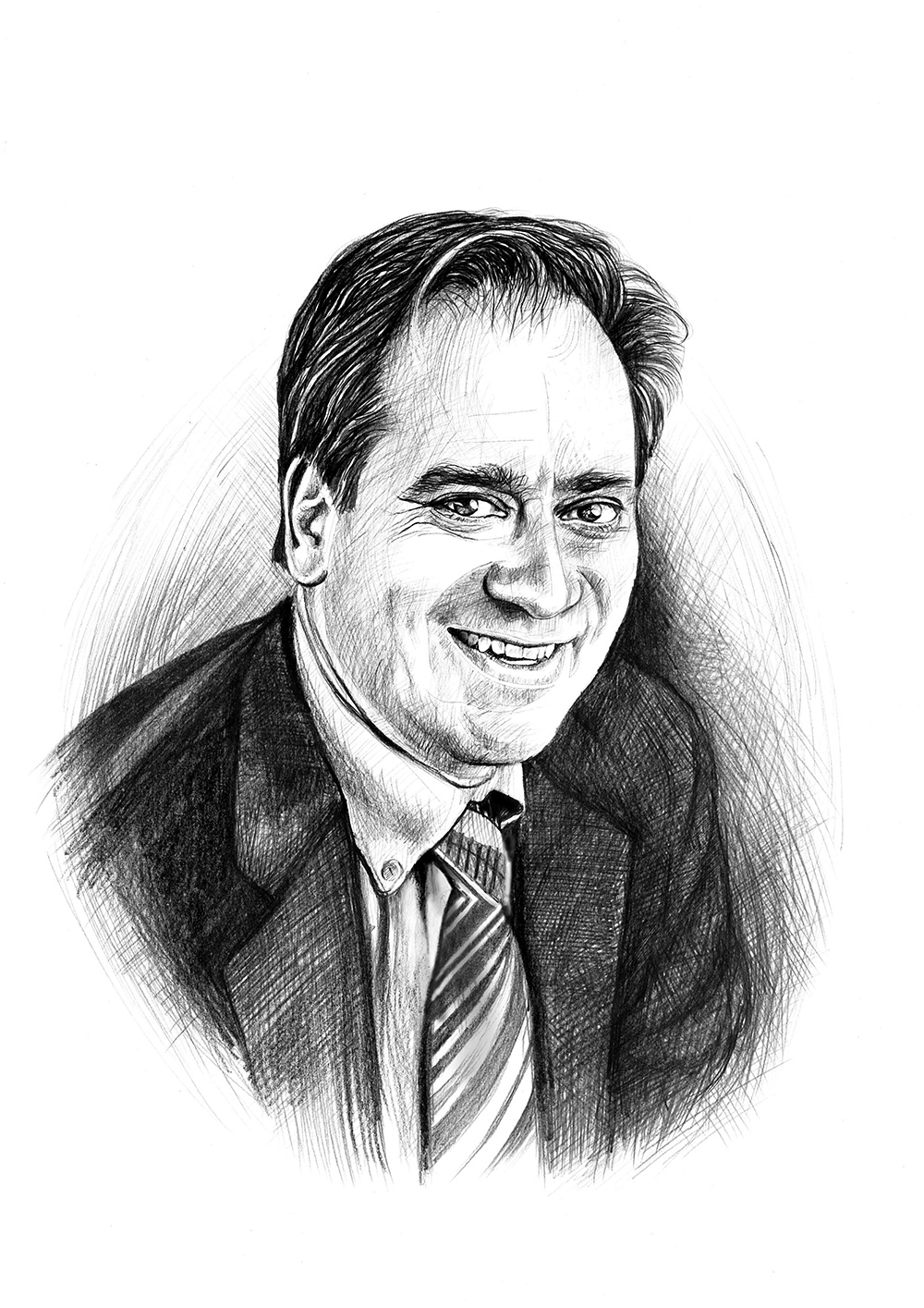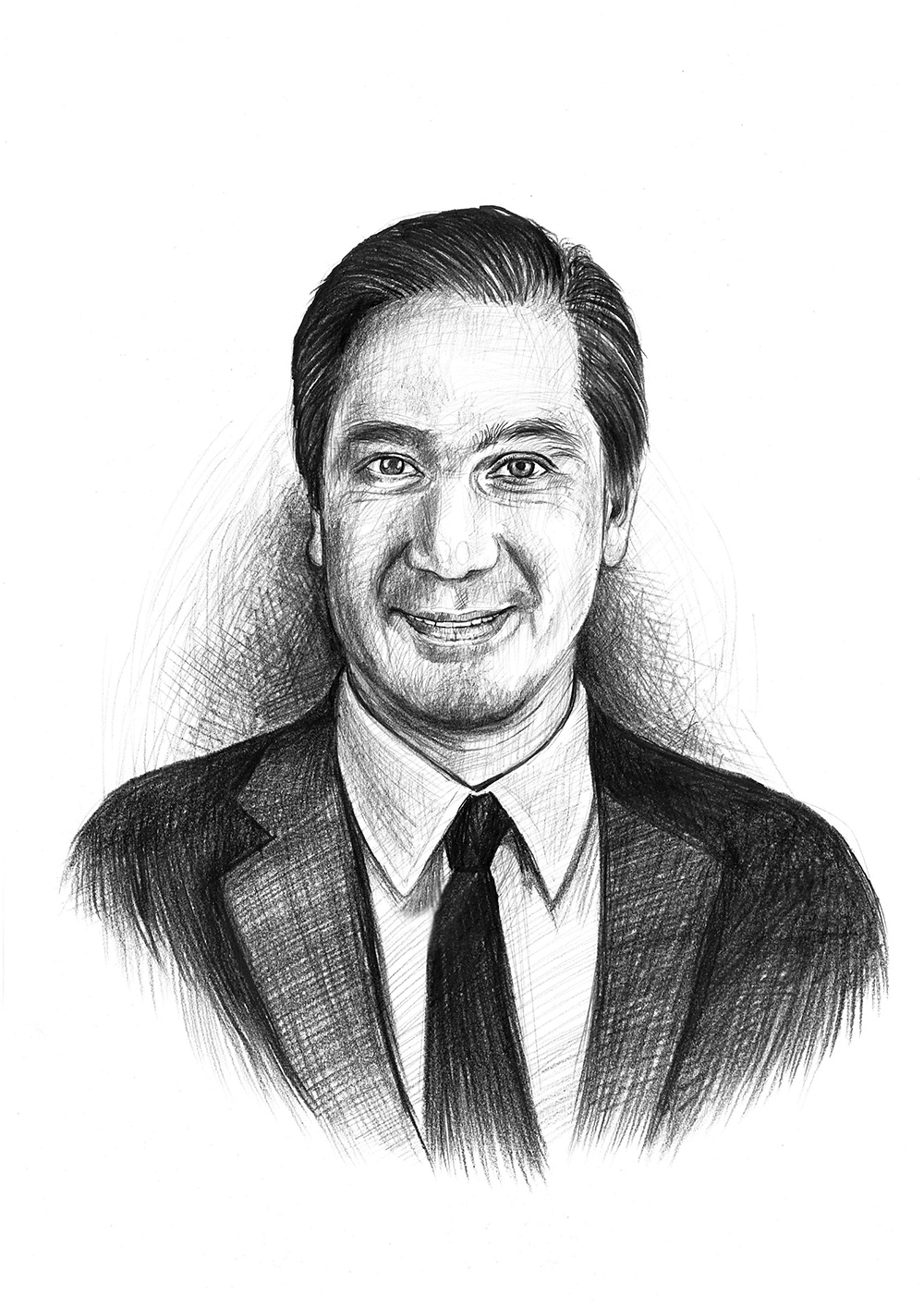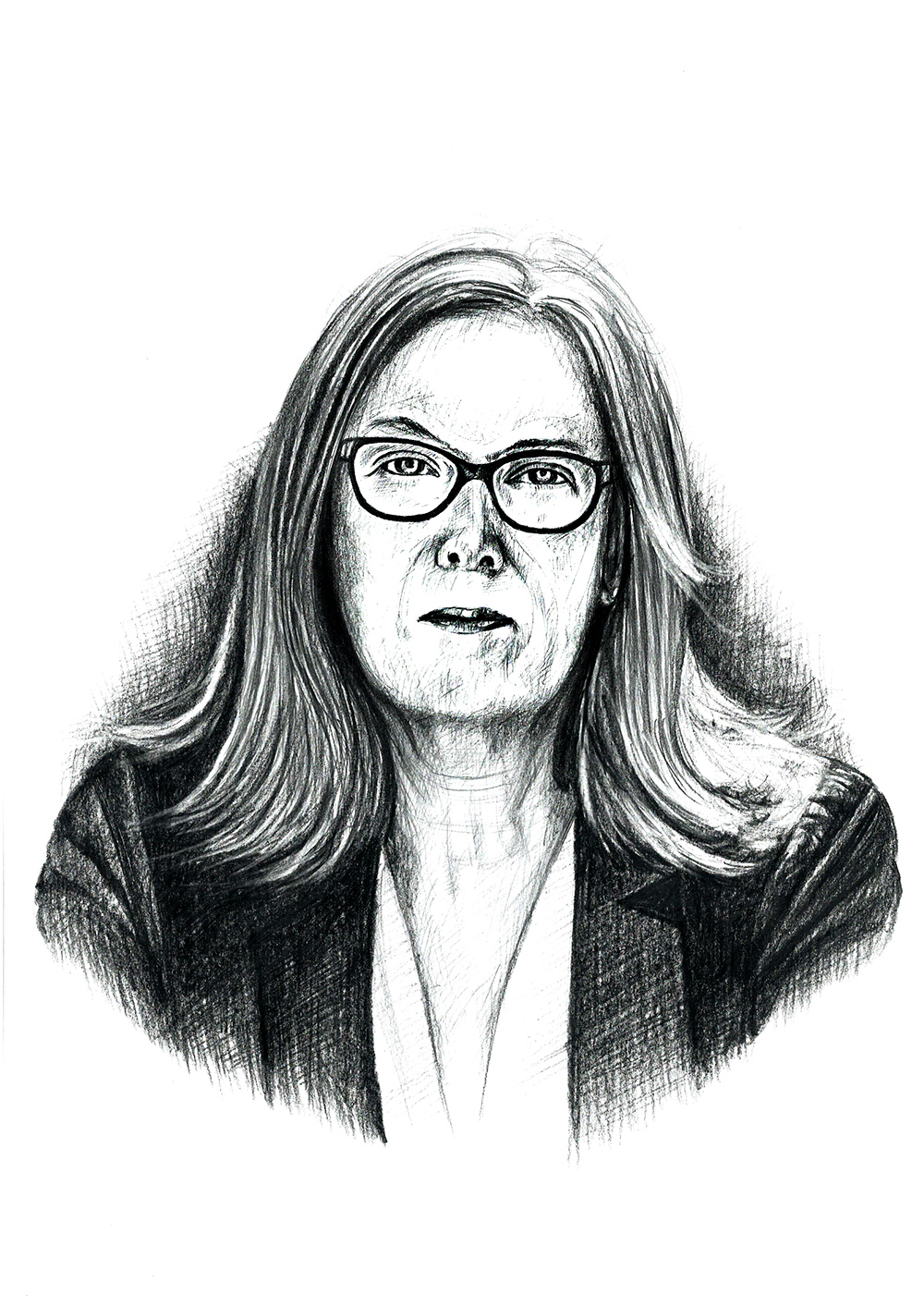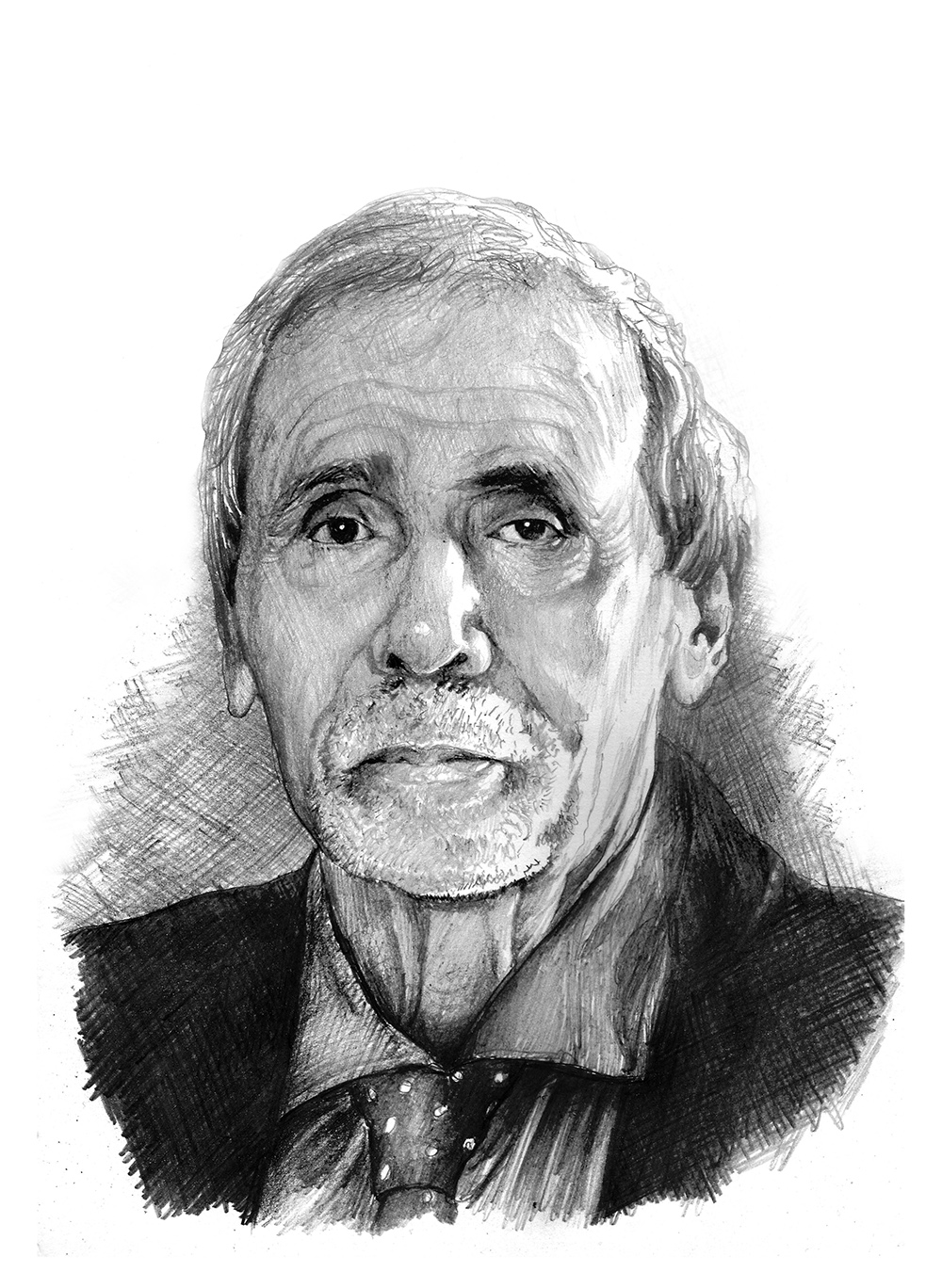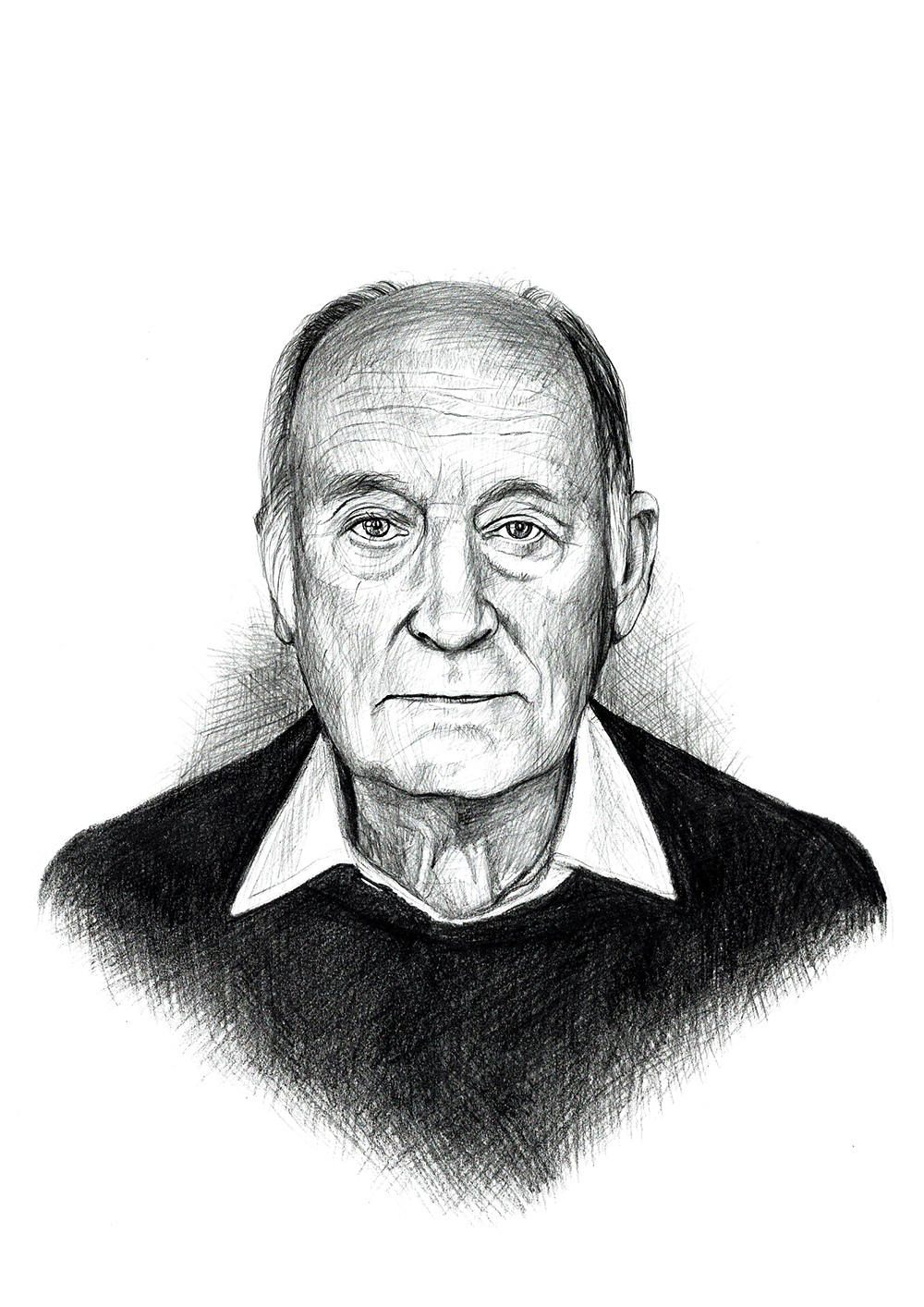Sami Almaqlouth memorized the Holy Quran at an early age and received his elementary education in Al-Ahsa and Al-Khafji. He earned a bachelor’s degree in education with a major in History and a minor in Geography, graduating with second-class honors from King Faisal University in 1988. He worked in the field of education for three decades until his early retirement. He worked as an Imam and sermon in Almaqhlouth mosque in Al-Ahsa for two decades. He is currently serving as a consultant in the Atlas Department at the General Authority for Survey and Geospatial Information, and the Muslim World League.
He established (The Electronic Encyclopedia of the Kingdom of Saudi Arabia) and (King Fahad: The First Pioneer of Education), implemented by the ministry of education. He served as a member of the Social Sciences Curriculum Development Team for the Comprehensive Curriculum Development, and as a member of the team which authored the (Geographic School Atlases) for the ministry of higher education.
Mr. Almaqlouth was entrusted with several projects, most notably: the Atlas of the History of Islamic Preachment document for the Ministry of Islamic Affairs; developing a document on incorporating tourism and archaeological concepts into educational curricula; and the following geospatial documents: Riyadh Region Atlas, the Saudi Atlas for Humanitarian Aid and Relief Center, the Holy mosques Atlas, the preliminary ideas for the King Salman Bin Abdulaziz Atlas. He also established a preliminary concept document for the Arabic Language Atlas for the King Salman Global Academy for Arabic Language, a detailed concept for the museum of the (Holy Quran and Prophet’s Sunnah) for the Muslim World League, and the (Muslim World League Atlas) document.
Among his works is the Series of Historical and Islamic Atlases, comprising 22 atlases, most notable are: the Atlas of Prophets and Messengers, the historical atlas of the biography of the prophet peace be upon him, the Series of Atlases of Al-Khulafa’ Al-Rashidun, may Allah be pleased with them, the Atlas of Islamic Conquests, the Atlas of the Wars of Apostasy, the Series of Atlases on the History of Islamic States (Umayyad, Abbasid, Mamluk, and Ottoman), the Atlas of Modern World History, the Atlas of the Crusades, the Tourist Atlas of Saudi Arabia, the Atlas of Places in the Holy Quran, the Atlas of Religions, the Atlas of Sects in Islamic history, the Atlas of Hadith Scholars, the Atlas of Tafseer Scholars, the Atlas of the Ten Quranic Reciters and their Twenty Narrators, and currently in preparation the Atlas of Fiqh (Islamic Jurisprudence( Scholars.
Global translations: (English, Indonesian language, Malawian language, Urdu, Turkish, Farsi, Bangali, Uzbekistani, and currently French).
Television programs: (Ecumenical Councils in 9 episodes, Notable Hadith Scholars, Islamic Conquests, the Crusades Campaigns Paths, and Spark of Embers).
Most notable awards: King Faisal Prize (Service to Islam 2025), and the Saudi Author Award in 2015.
He was honored as a pioneer of historical atlases in the Arab world at Al-Ahsa Literary Club in 2017.

